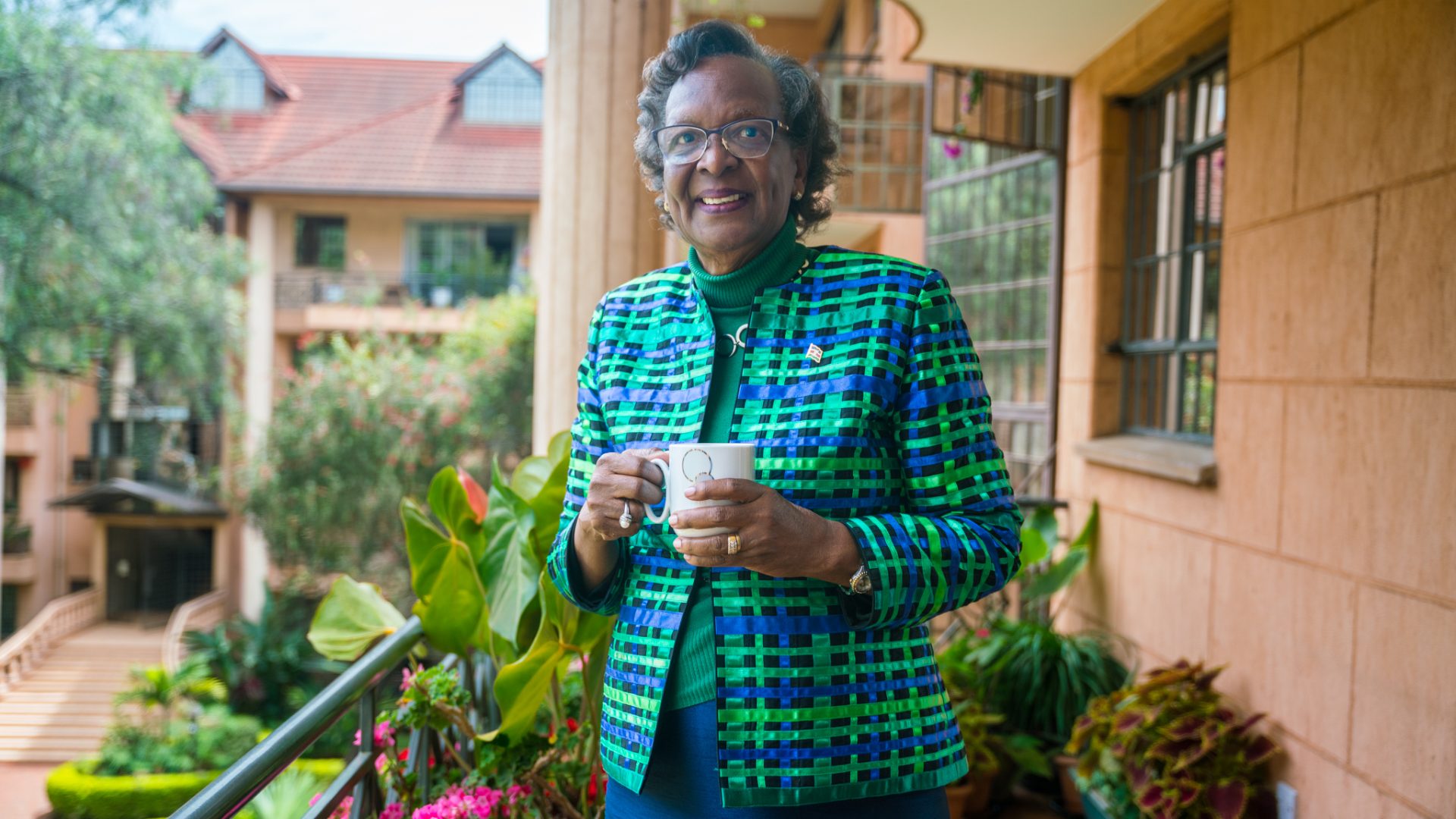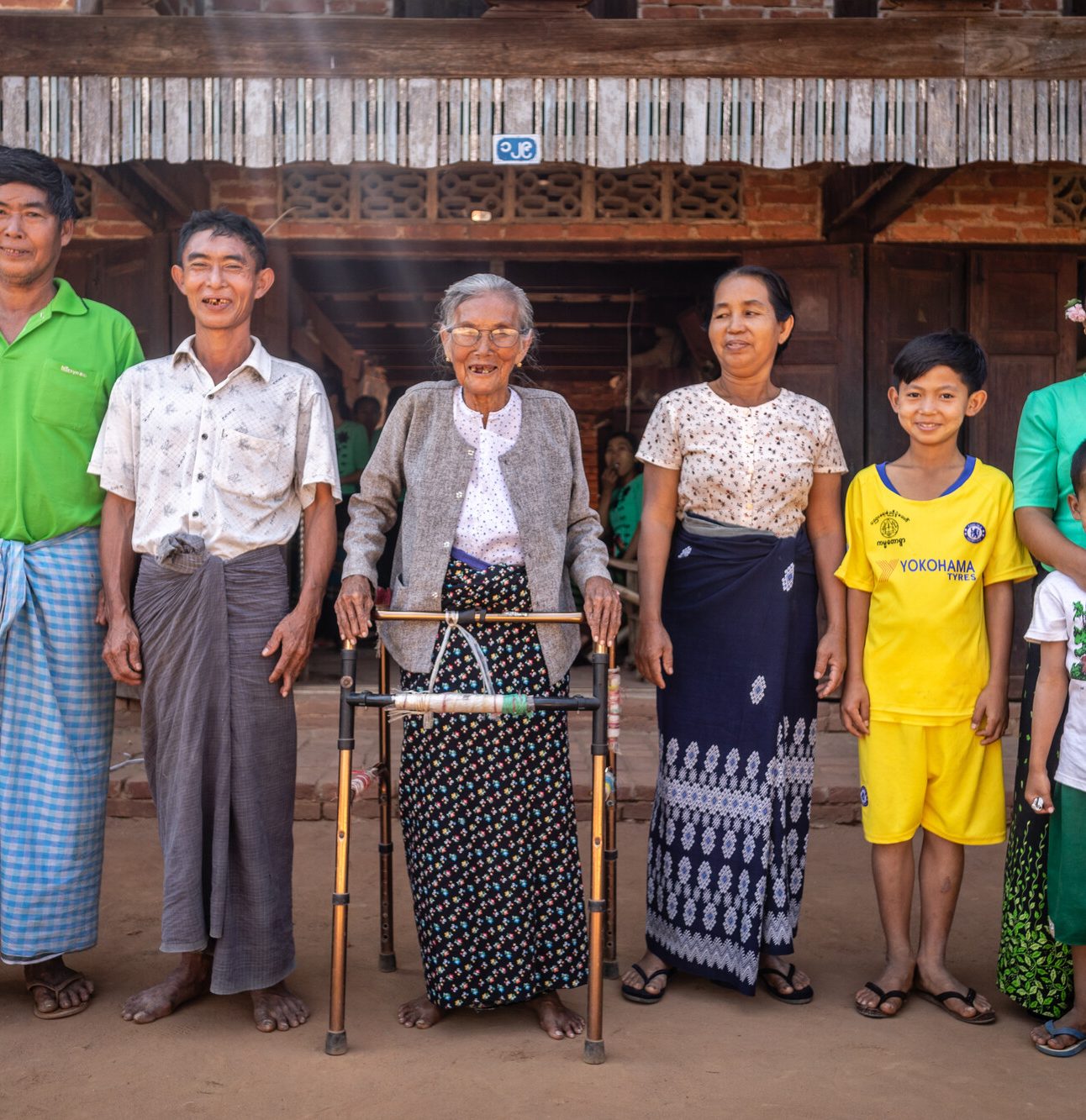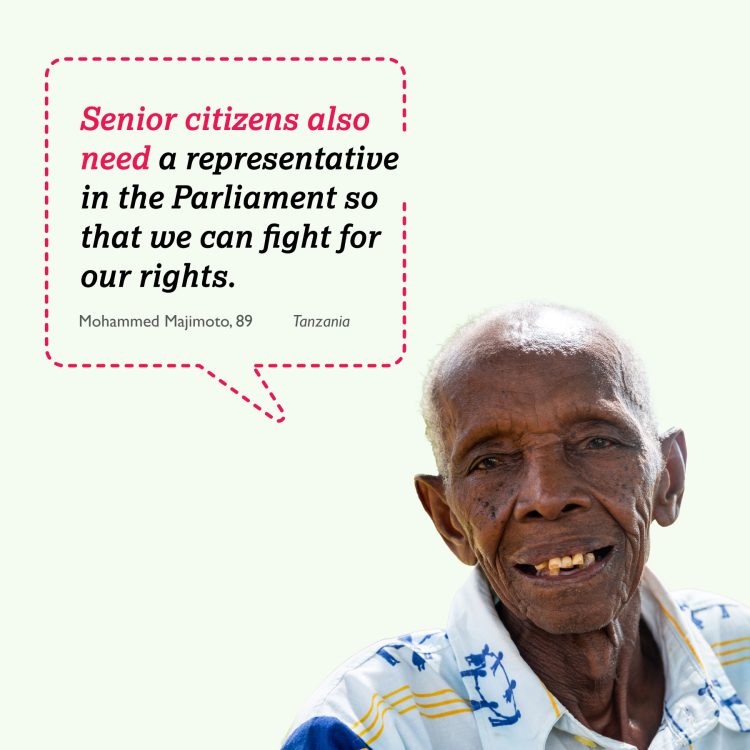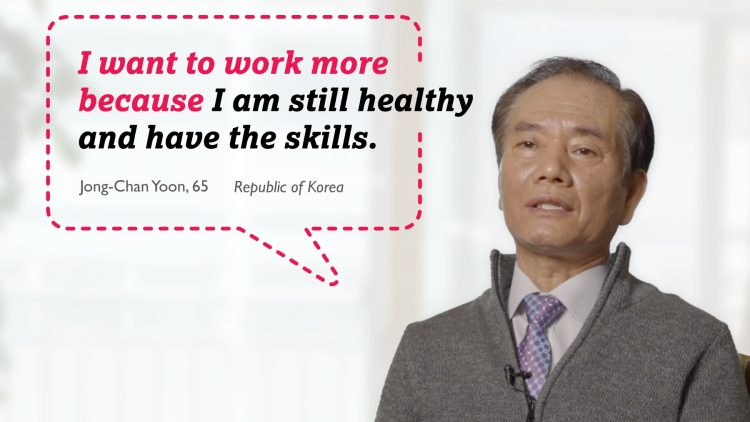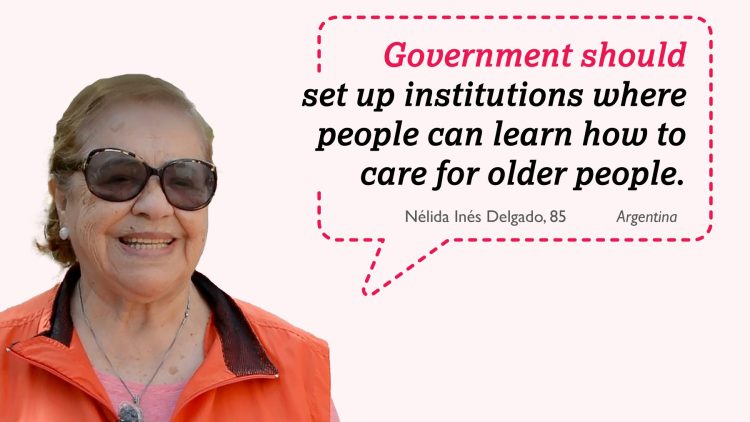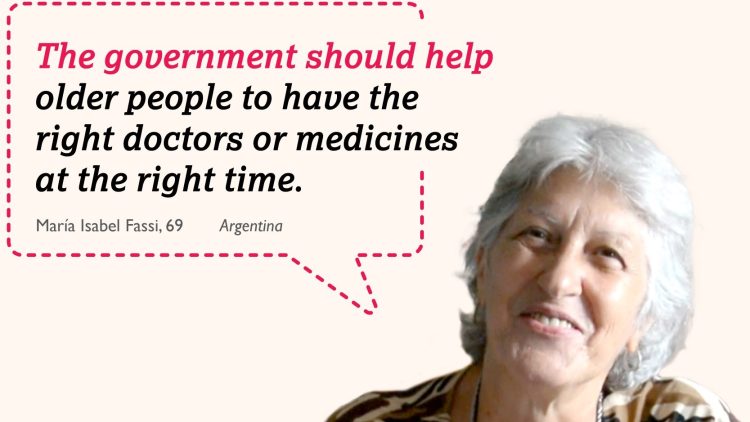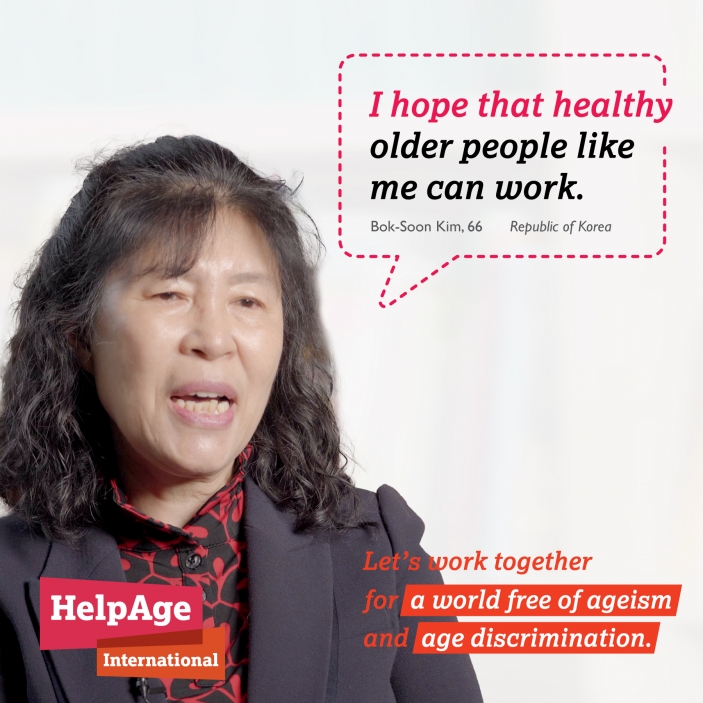What needs to change?
‘Advancing equality for older people’, our new report, calls for two key legal shifts to end age discrimination:
- Internationally – Older people’s rights must be formally recognised in a UN convention.
- Nationally – Governments must adopt comprehensive anti-discrimination laws that prohibit all discrimination, including age discrimination.

